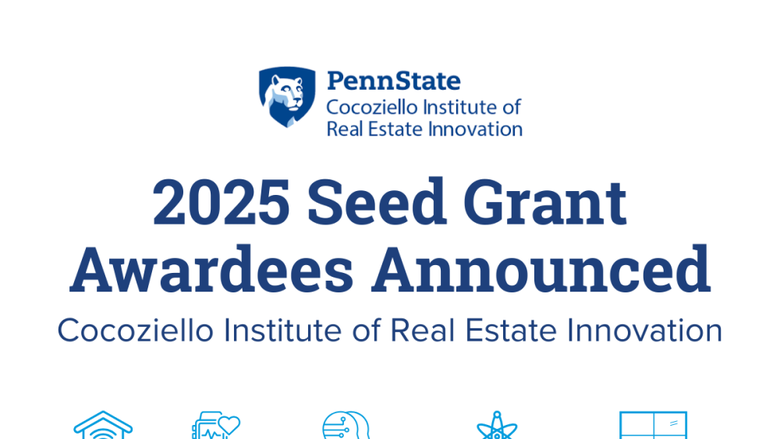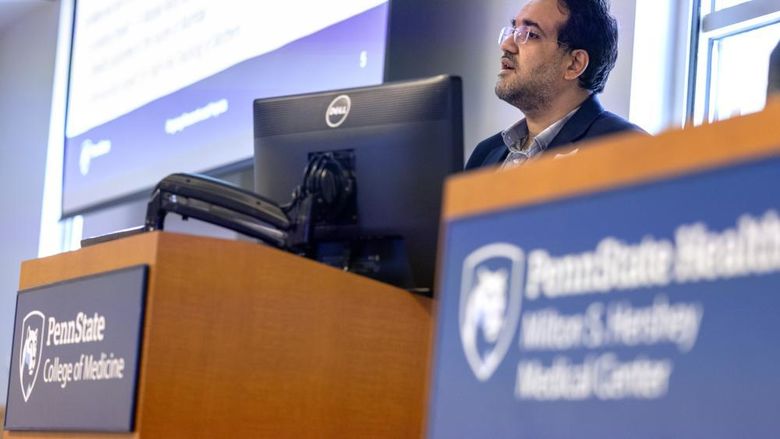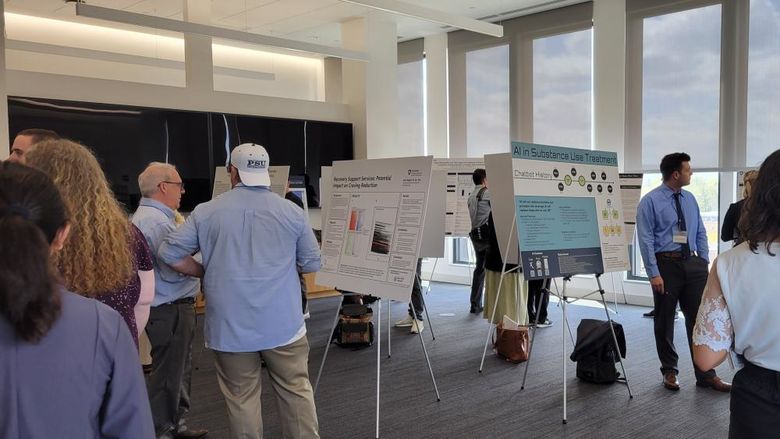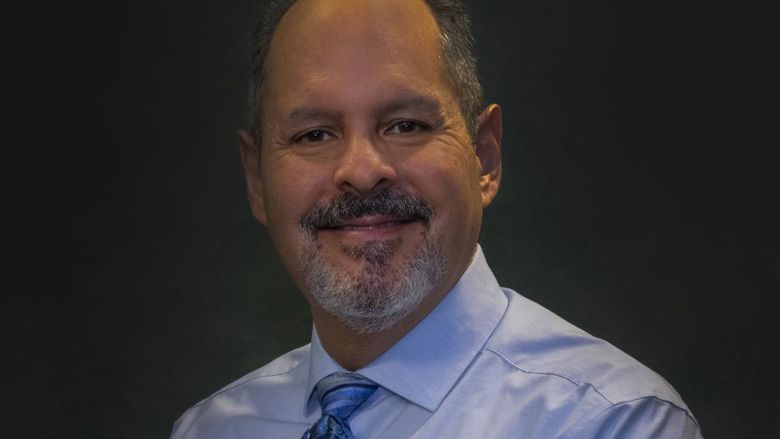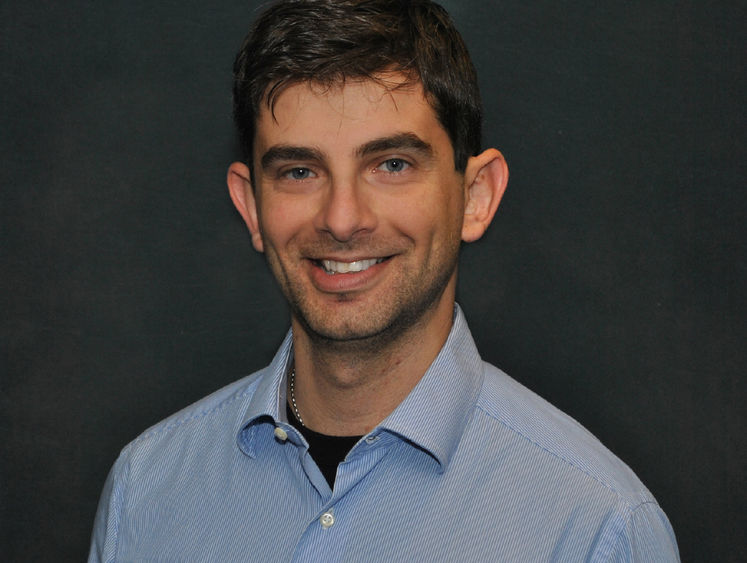
Nik Tsotakos
MIDDLETOWN, Pa. — Nik Tsotakos, assistant professor of biology in the Penn State Harrisburg School of Science, Engineering, and Technology, has received a Research Innovations with Scientists and Engineers (RISE) seed grant to pursue research into the benefits of vitamin D as a protective agent against diabetic kidney disease.
The grant, from the Penn State Institute for Computational and Data Sciences (ICDS), will help Tsotakos build on work he has done to study the molecular changes taking place within cells that allow vitamin D to act as a protective agent in diabetic kidney disease, as well as provide him with time and assistance from specialists at the ICDS at University Park.
“This project started mostly as an empirical observation by clinicians that vitamin D might have beneficial effects to patients with diabetic kidney disease. And vitamin D is notorious for … us not understanding the exact molecular mechanisms through which it works in different tissues,” Tsotakos said.
Tsotakos has been working with Garyfalia Drossopoulou, a researcher from the National Center for Scientific Research in Greece, to study rats that are either healthy, diabetic, or diabetic and treated with vitamin D analogues, to learn more about the molecular changes that take place in the kidneys across those conditions. From early analysis, it doesn’t appear the vitamin D can fully “rescue” the kidneys of diabetic rats, Tsotakos said, but there are small changes taking place.
“We’re trying to identify what these changes are and how we can take advantage of them in the clinic,” he said, adding that when researchers better understand the molecular events, it will be easier to understand the benefits of vitamin D and how it can be used to help diabetic patients.
Specialists from the RISE team will provide Tsotakos with assistance and tools, and the resources will also enable him to analyze the data in relation to new scientific developments in the field.
Tsotakos previously received a Commonwealth Campuses Research Collaboration Development Program grant to pursue the research, as well as an Explore Grant from ICDS that provided space and computational power, since the data involved is of too large a scale to be stored on a local workstation.
Through the new seed grant, the ICDS staff will also help him with the visualization and dissemination of results, he said, with the hope of publication or external grant applications to further his work.
Tsotakos said the RISE seed grant program has been beneficial to his research.
“It’s a great opportunity, especially for Commonwealth Campus faculty that do research. This is a great way to get the resources that they need, so that they can move forward with their research,” he said.

